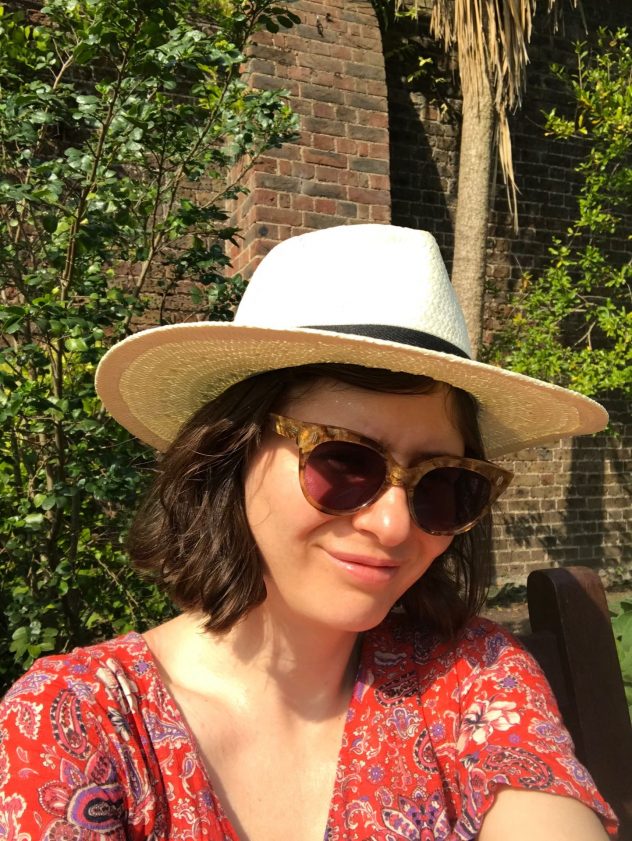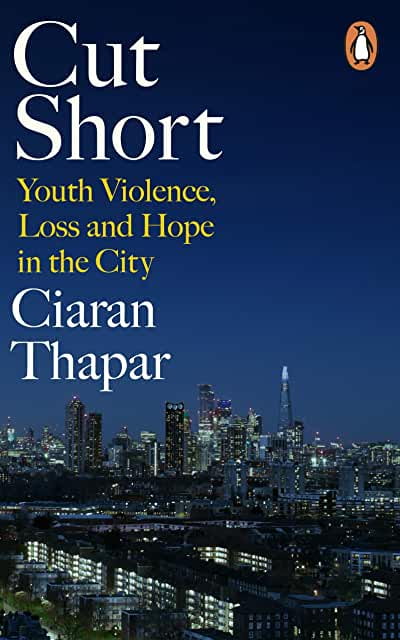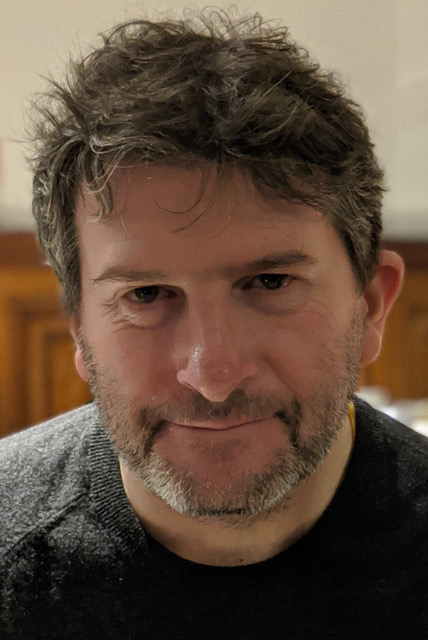We’ve all been there… you were either the recipient or the sender of an accidental reply-all email. It may have made you cringe. It may have made you wonder whether you should acknowledge your mistake. Should you apologise? Should you notify the sender? One thing is certain, it looks unprofessional. Writing for Business student, Karen Young, gives her top three reply-all blunders: how to deal with them, and how to avoid them.

Ready to send?
1.The time you didn’t check your email before replying all. The result: you’ve sent a comment that was meant specifically for one colleague and ended up offending the other external recipients.
We’ve all done it: hit reply-all by accident, whether it’s on your mobile or desktop, and not checked that all-important email before sending. You may have made a comment to your colleague and cc’d the external recipients. It could have been a response meant only for your colleagues.
What should you do? Acknowledge that you sent the email to the external recipients by mistake. And apologise: they could have been customers or third-party suppliers.
My advice: always triple-check your email before sending. Check the recipients and cc’s, the subject, and the body text. You will never regret doing so.
2.When a flurry of people reply-all to the whole company
A company-wide email is sent. The topic could be an upcoming event, a milestone, or a financial goal reached. If senior management acknowledge this, fine. But there’s no need for everyone to say “Fantastic”, or “Okay”, or “Thanks”. This type of reply-all clogs up inboxes and the server.
My advice: if you have a meaningful reply, select only those who need to hear it.

Think before you click?
3.You’ve accidentally replied all, and then those in copy purposefully reply-all to let you know you’ve replied all!
My advice: If you need to let the person know they’ve made the mistake of replying all, let them know. Everyone else on copy will already know. Reply to the sender only.
To aid the fight against the reply-all annoyance, Microsoft have helpfully enabled a feature to deal with email storms – a Reply All Storm Protection Feature. Check whether your organisation has this. It could save many headaches.
Above all, consider whether a reply-all is necessary and always triple-check your emails. It may take a few minutes when time is precious but it is always worthwhile!

Triple check before you hit send
About the author
Karen Young has worked in secretarial / assistant roles for 24 years in three different industries – law, private equity, and most recently mining. She holds a Level 3 Professional Diploma in Law through the Institute of Legal Executives. Karen enjoys learning to maintain her professional development, including the very rewarding City’s Writing for Business short course.
For more on the Writing for Business course Karen took, visit our webpage.
We are also running our Writing for Business course this summer as a one-week intensive. For more information visit the course page here.
To find out more about our vibrant writing short course portfolio, including our summer schools, visit our website here.





























Recent Comments